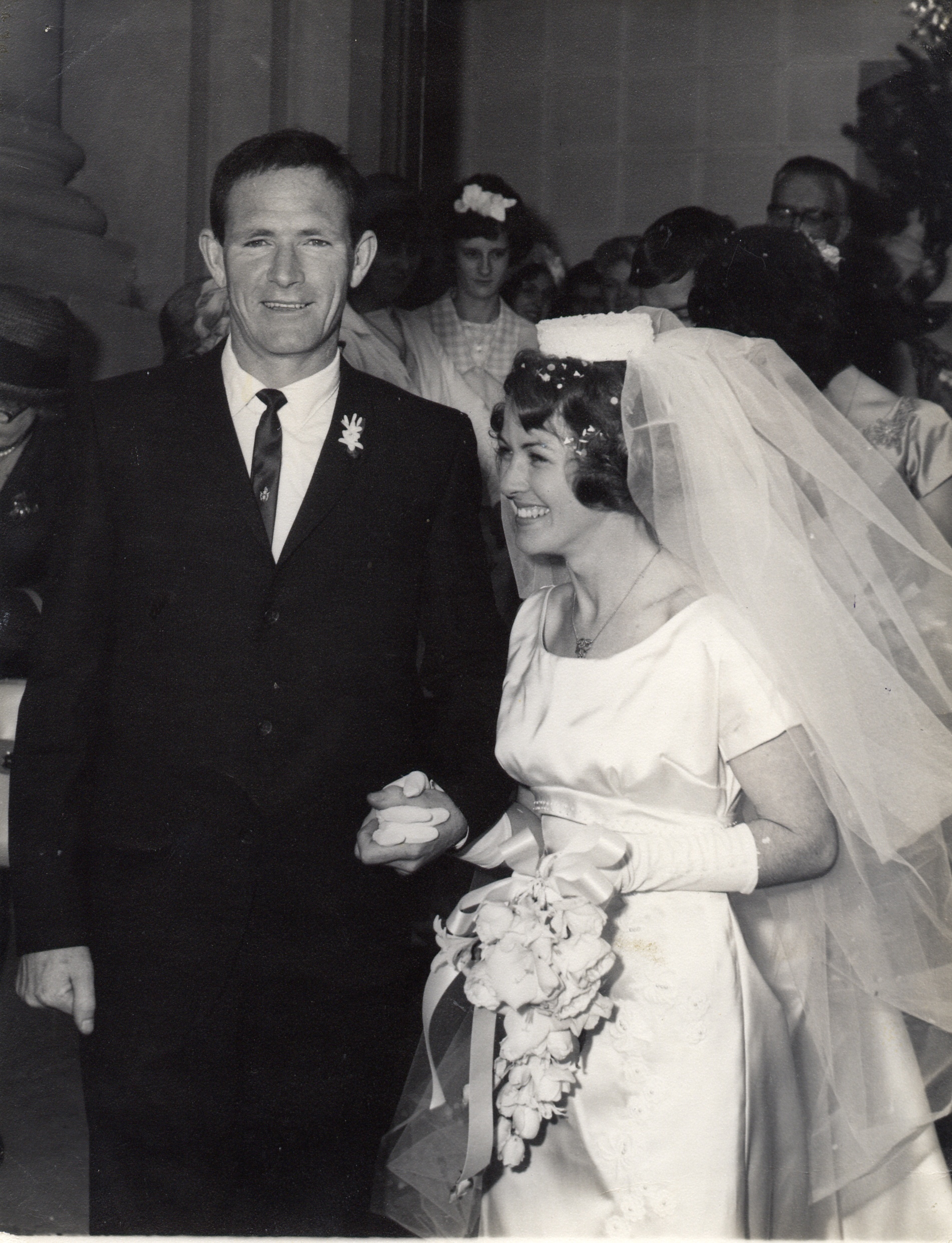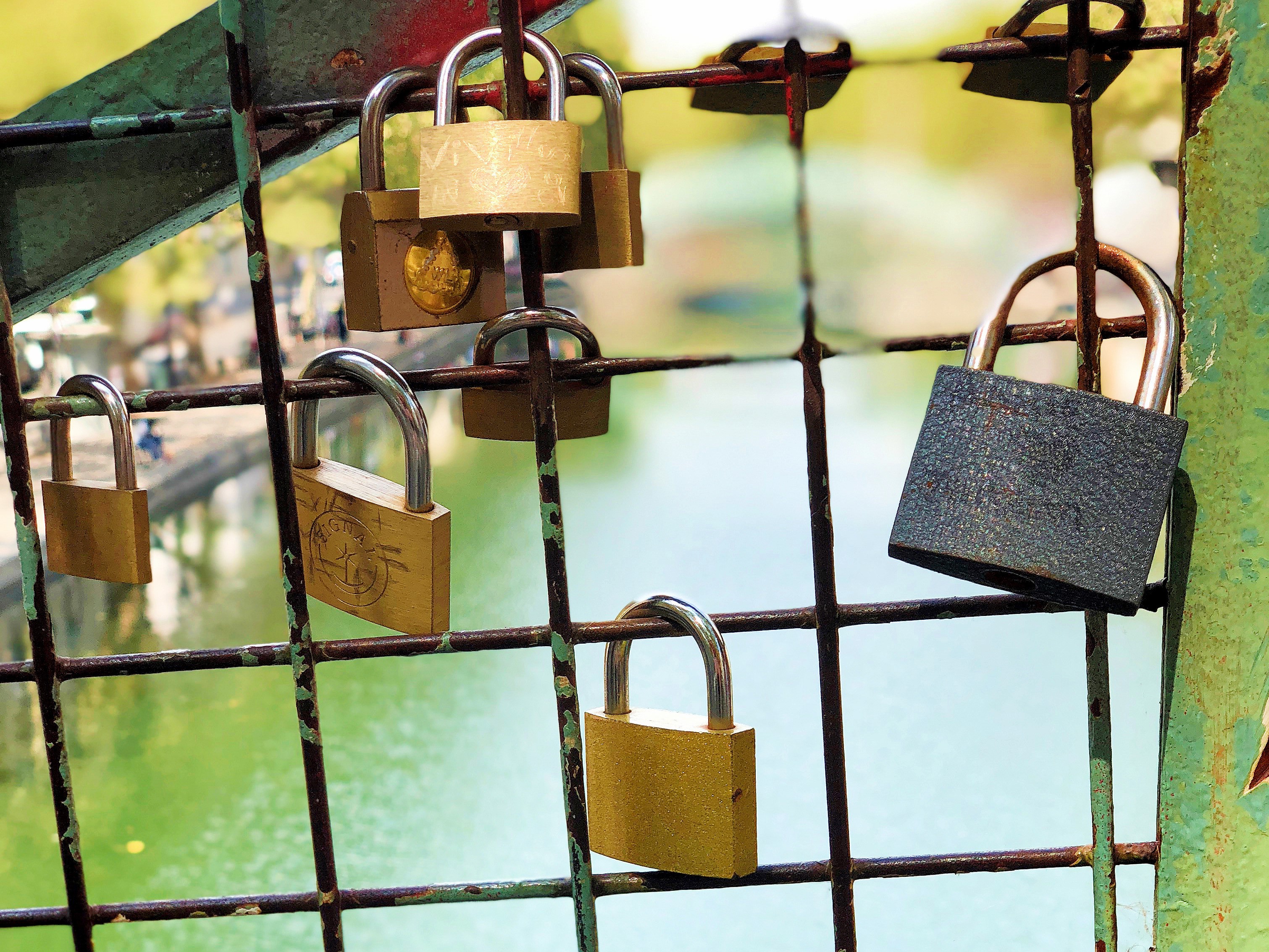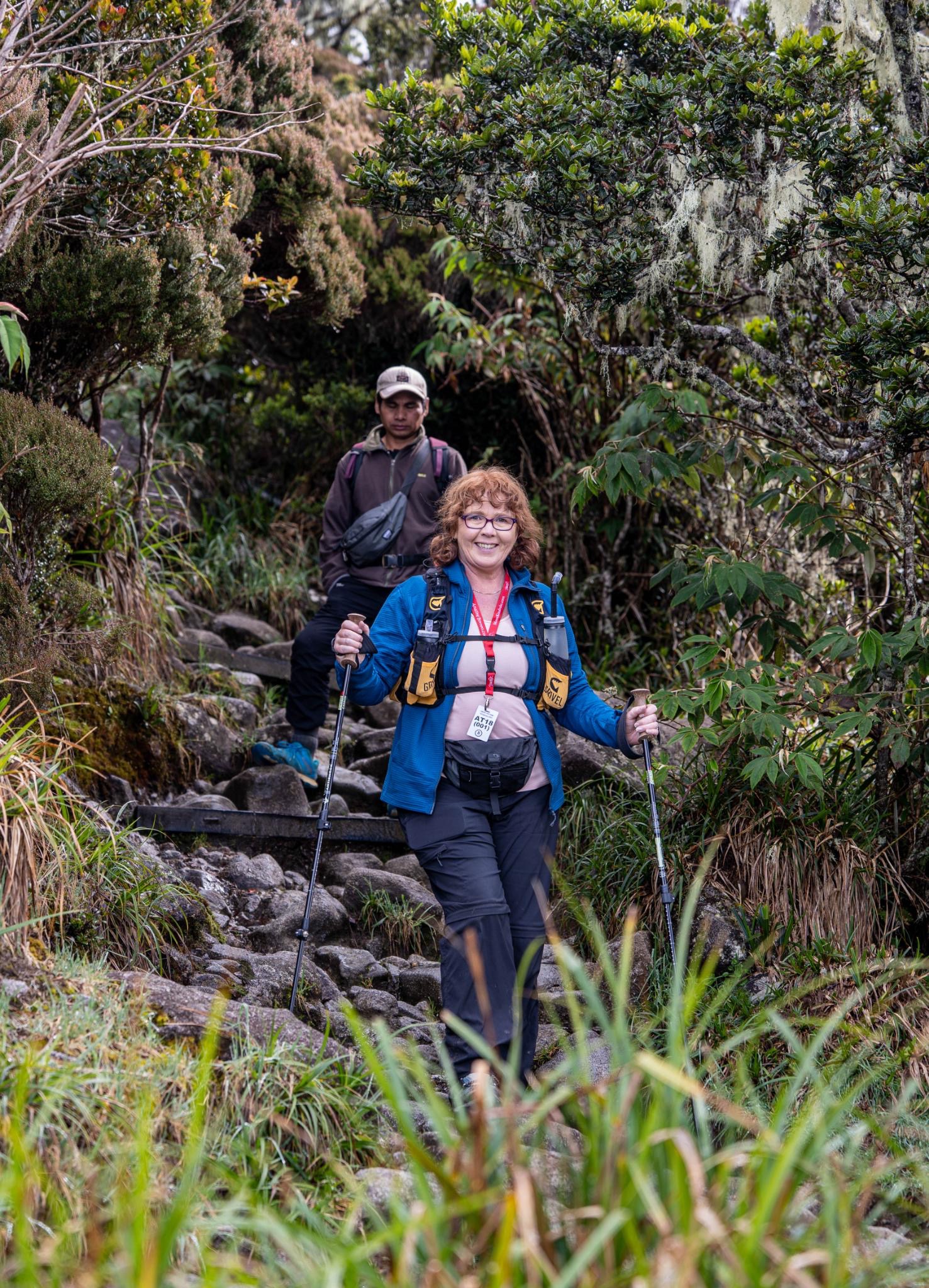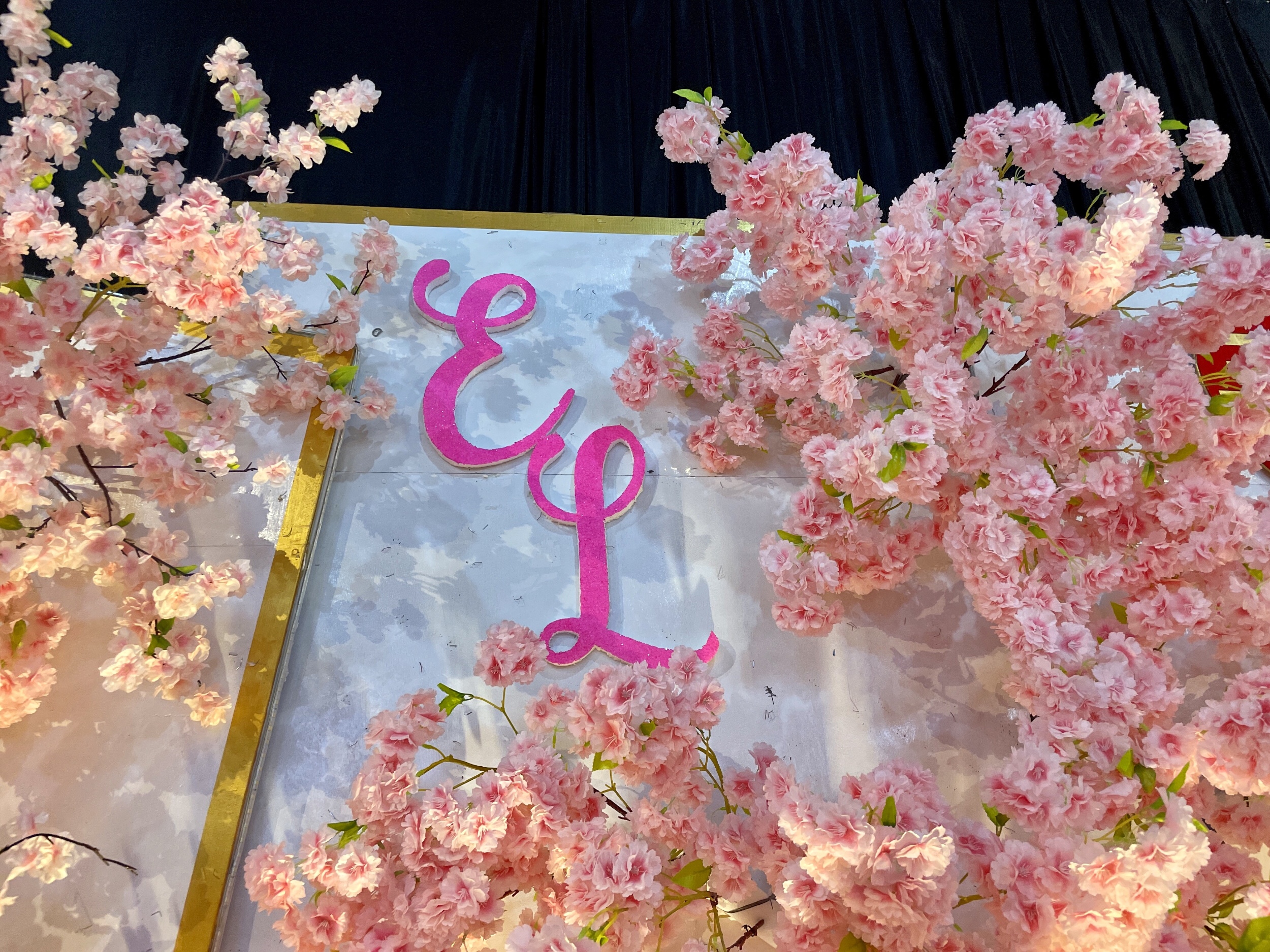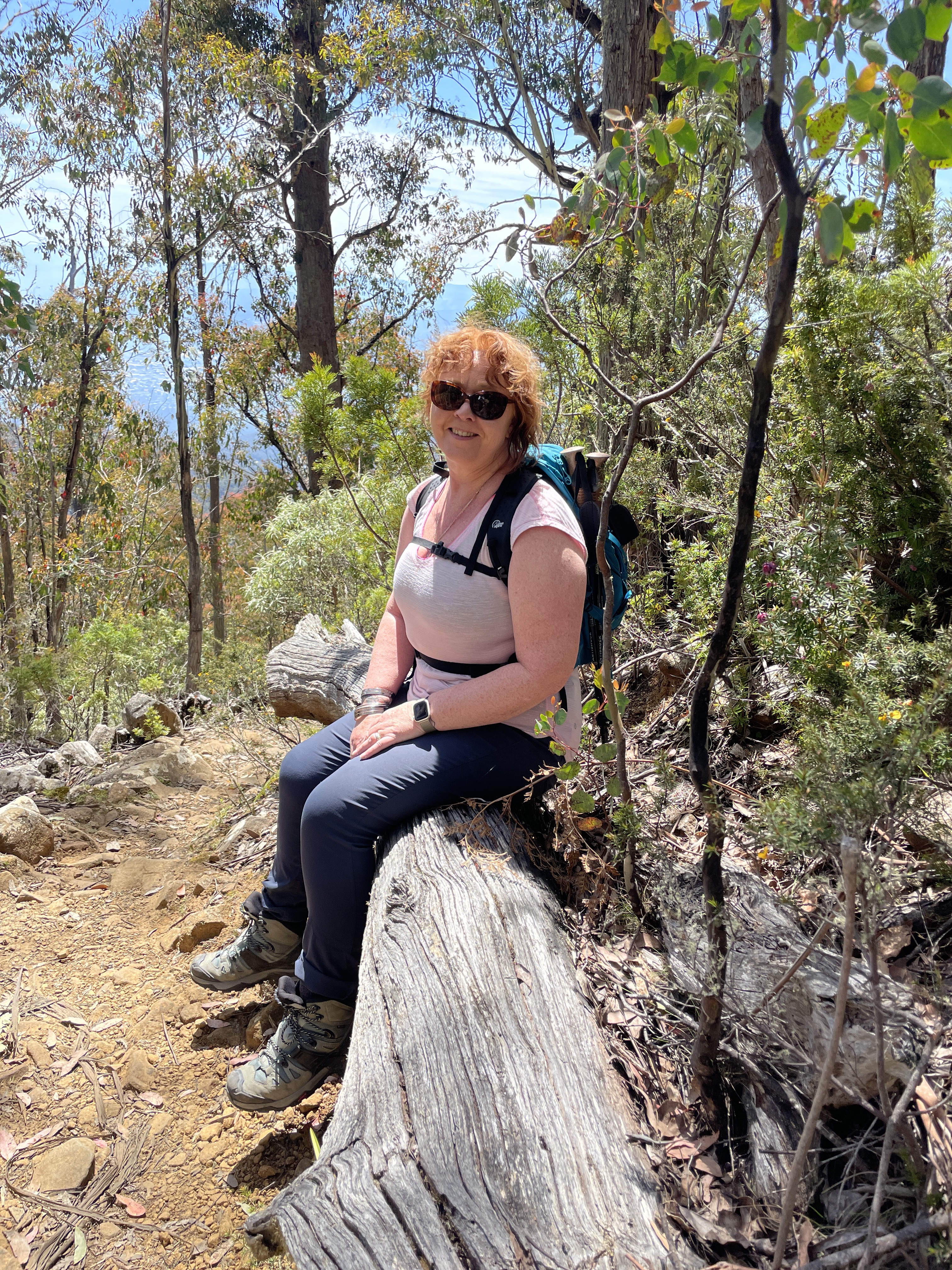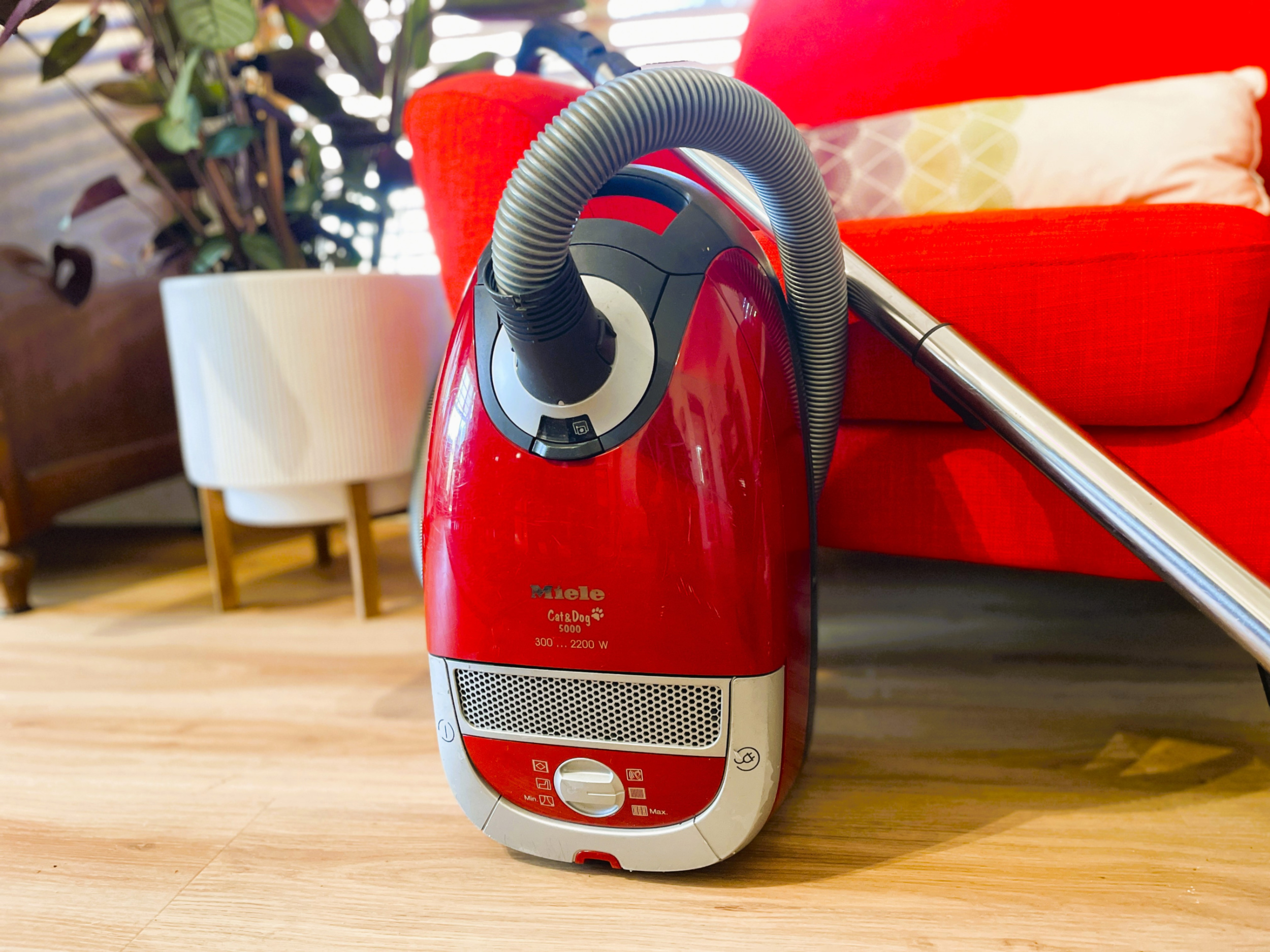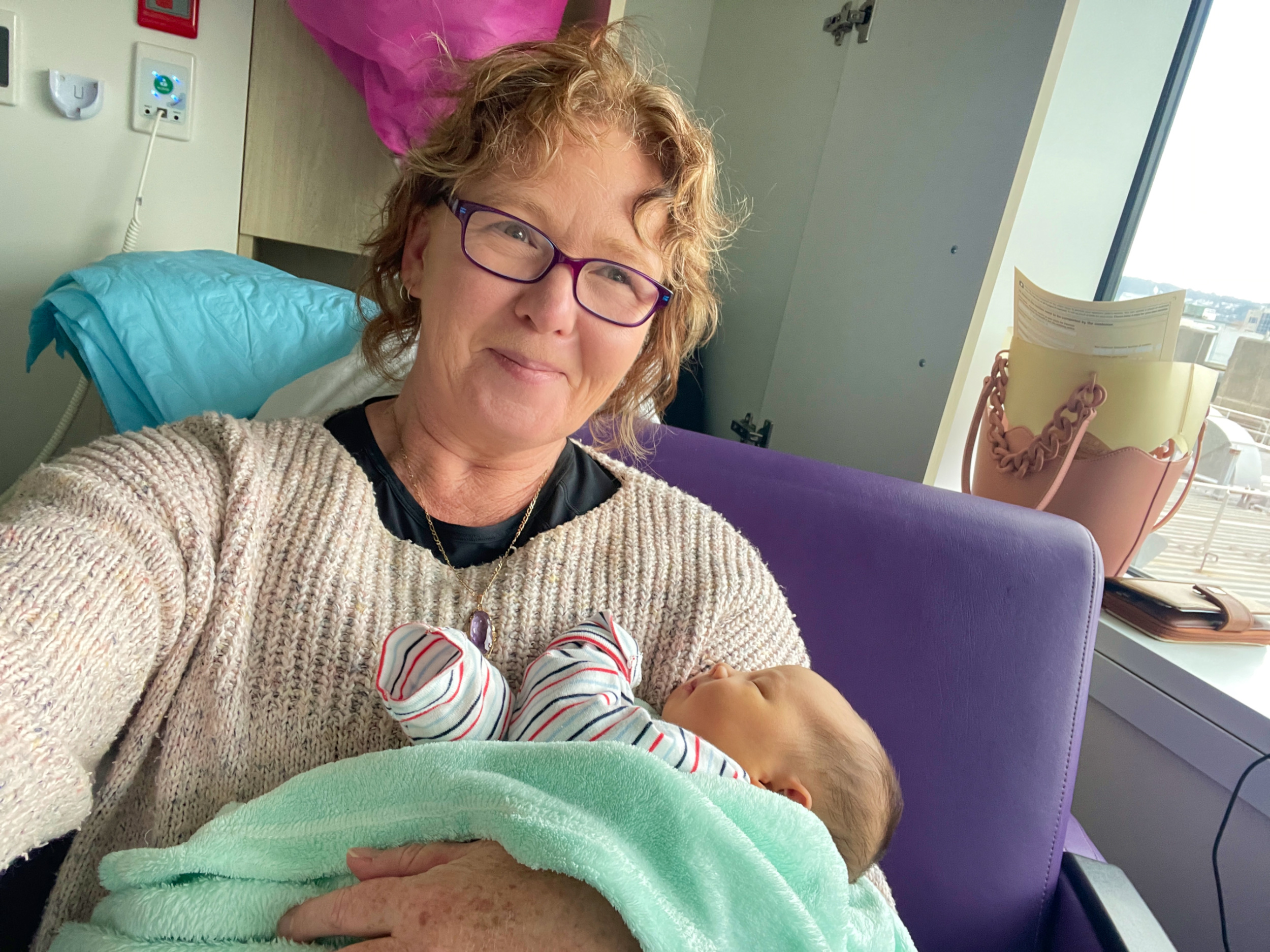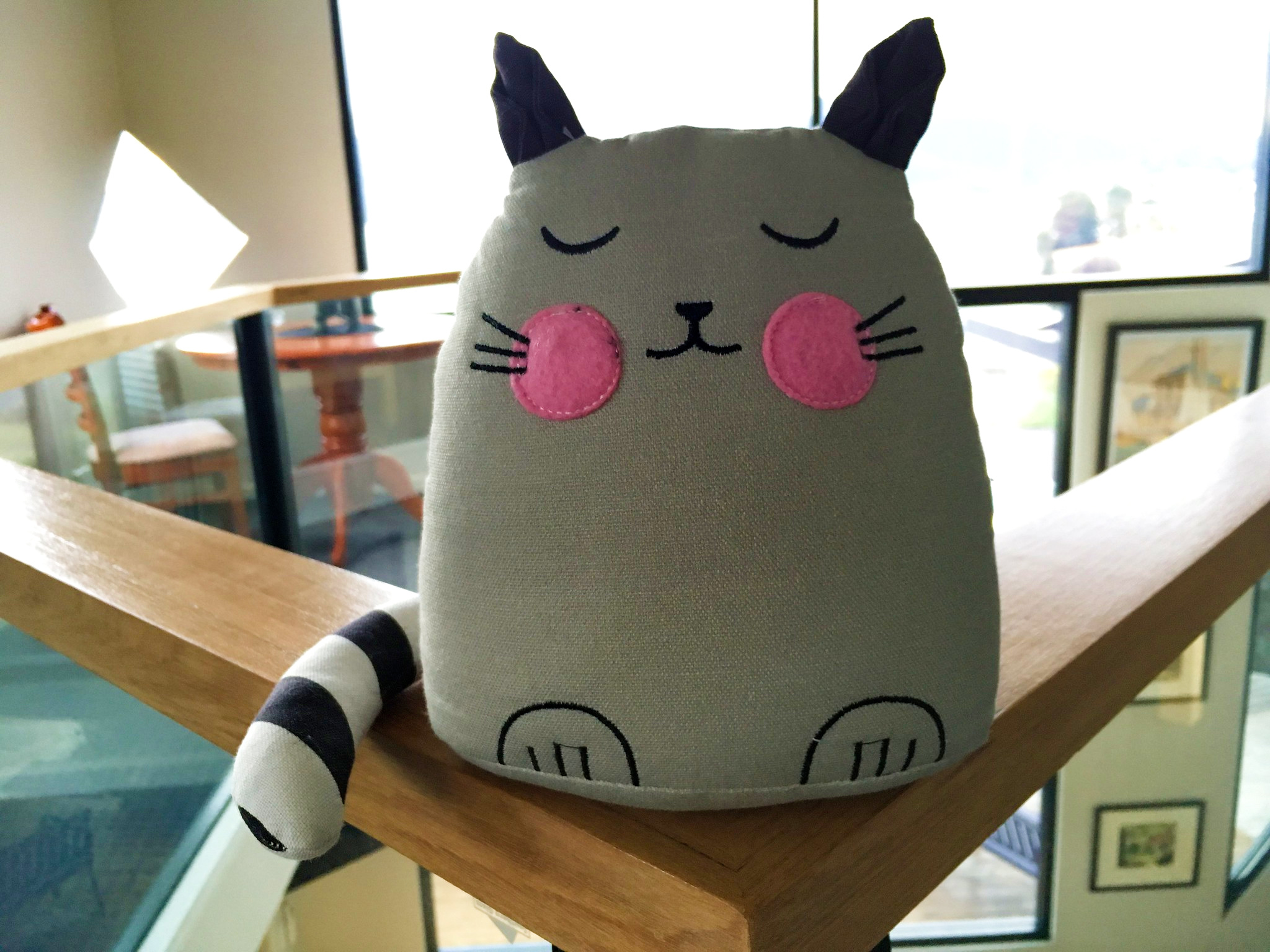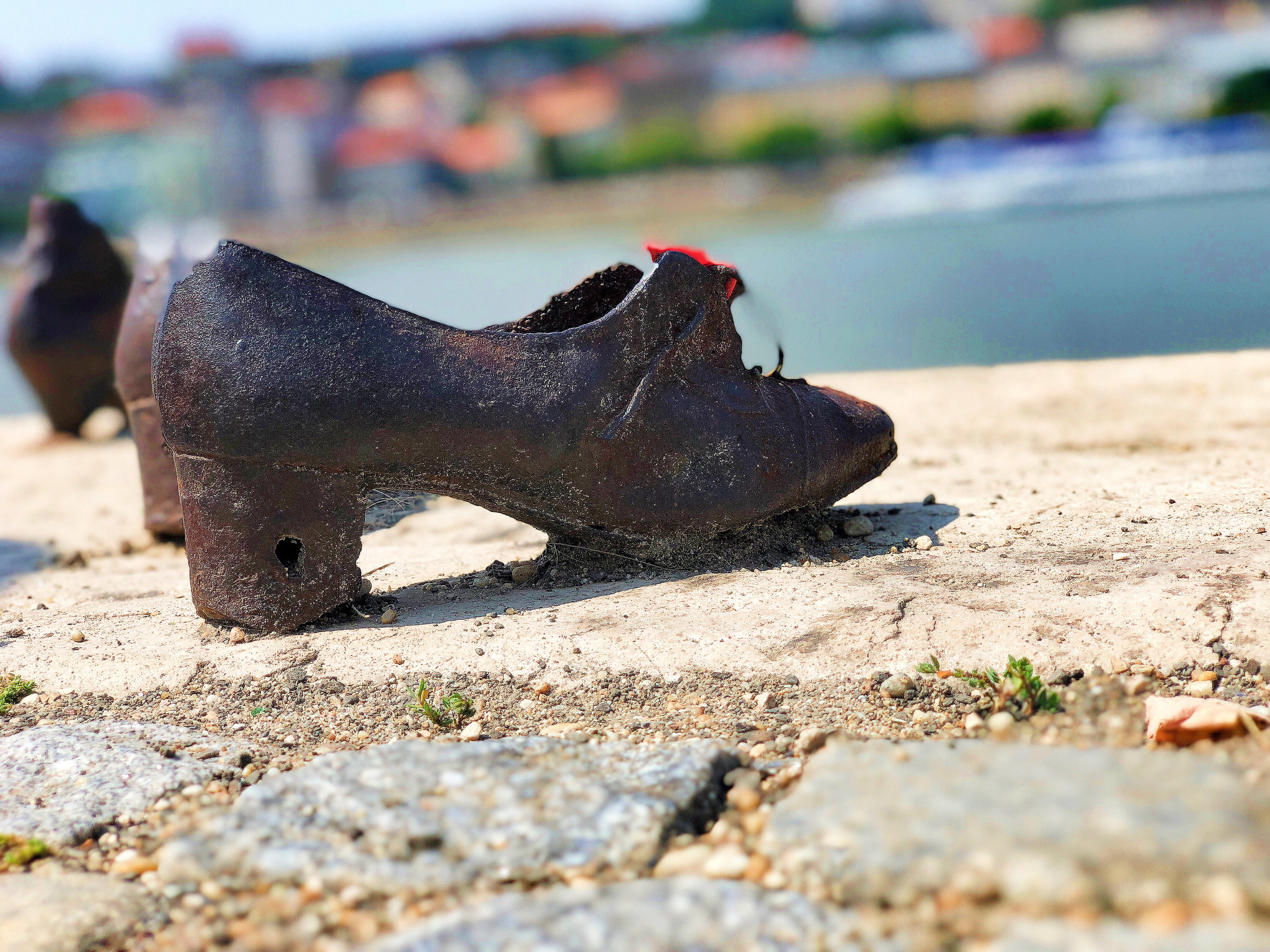MOMENTS IN TIME
Another thought-provoking question in my writing course…
What are the five defining moments of your life?
How did each one take you to the next step of your journey?
Our lives are defined by way more than five moments… But let me see if I can hone it down.
I was born
So were you. Not much of a surprise really. While I was blessed with much good fortune in childhood, my mental health issues stemmed from the way I was parented. No need for me to rehash old history here. Suffice to say, I developed food obsessions at a tender young age, became intensely ashamed by every aspect of my physical being, and learned to bury every spark of emotion burning through me.
There were also incredible opportunities I was afforded through music and teaching, and the luxury of a middle-class life with free access to good health and education outcomes. It’s so easy to take these things for granted – I try hard not to.
As I entered into the big wide world of adulthood, I blossomed as best I could with my strengths and pretended as only I knew how I had no problems. I was blissfully ignorant of the depression, anxiety and eating disorder I was developing.
I graduated from university
I trained as a flautist and learned the basics of teaching. I achieved the beginning of my lifelong dream and believed the world my oyster, anything was still possible. I was blessed with meeting and making amazing friends who taught me all the things my family could not – warmth, affection, caring, acceptance, fun, love and laughter. University years were the best of times and I had the best of friends. Thirty years later they’re more like family than friends. By the time I graduated from university I had a sense of identity and purpose. I knew who I was, what I wanted, and where I was going.
While the intended teachings of my tertiary education were specifically honed to developing as a professional flautist, the unintended teachings were humility, patience, tolerance and dedication. As I moved on to the next stage of my life, these lessons became invaluable. I developed the skills to flourish in all types of relationships and I was ready for the next big step.
I got married
It hasn’t been a perfect marriage, but it’s been a jolly good one. Great highs and lows, but always, always, a deep sense of trust, and the knowledge I have a safe place to fall. I am loved and adored no matter what. We piss each other off – that is the nature of spending long periods of time with one person. We have grown up and spent more than half of our lives together. We are incredibly fortunate to weather marital storms and still be together after all this time. When the shit hits the fan, I know with every ounce of my being there is someone who will be there for me. No matter what. I recently had to answer a series of questions, one of which was, “Who do you trust?” My husband. Always my husband. I trust him with my life and my love. I trust him to be honest and accepting. I trust that when I stuff up he’ll tell me all about it, then let me move on. I trust that when I can’t say a single word out loud because the turmoil in my head has left me mute, he will let me sit silently and wait until I’m ready.
This must be what true love is. Not flowers and chocolates and endless romance (although that is nice!). Not lust or longing for endless sex. But just a gentle knowledge that when I’m recovering from abdominal surgery he’ll help me shower when I refuse to nourish my body, he’ll bring me food, when I have nothing but tears to give, he’ll hug me tight. He’s always there when I call. Of course, we piss each other off – we’re normal. But I trust him with my very life and that is an amazing grounding for the stresses being a real grownup inevitably brings.
I became a mother
The most glorious of days. The happiest time of my life. Once you’ve held a baby in your arms, you’re in the club. Forever and ever. But those early days of being hands-on, 2 am breastfeeds, trips to the park, teaching them to read and ride bikes and be nice to each other. Oh my, I loved those times. I hate those days are gone and I’m thankful they’re over.
Motherhood taught me an intense, unique love that only exists between parent and child. It taught me the very definition of marriage as you determine together how to raise these new little people with the blended histories you bring together. It taught me priorities and gave me hope and purpose. It taught me the true meaning of exhaustion and exasperation. Frustration and fear. There is nothing about being a mother I don’t love but there are many things I don’t miss – nappies, cracked nipples, vomit in the bed at midnight, and the terrifying trouble teenagers seek out.
Most of all, motherhood gave me an identity I wouldn’t swap for all the tea in China. I willingly sacrificed career possibilities and all the elastin in my breasts. As my children exit childhood and I navigate a new type of relationship with my adult children, I’m learning even more about myself. And I’ve long kissed that elastin goodbye.
I broke
Not only was I losing my identity, but I was experiencing a great many of the stresses that strike in middle age – teenagers (if you’ve had one, you know what I mean), sick and dying family members, financial woes, career confusion, marriage meltdowns, health concerns. It is really unfortunate how all these things hit at the same time. And for me? They hit hard.
I’d had declining mental health since 2009 and by 2016 I was in a bad place. There is the old phrase, rock bottom. Perhaps my bottom was sitting on the rock – I have no idea. But personally I don’t believe there is any such thing. When things are falling apart it is just this endless series of horrid. From that very dark place – a place filled with fear and self-loathing, self-harm, starvation, and a desperate desire to end my life – I started the long, long road to recovery.
Breaking was hard – hard on me, hard on my family and hard on my friends. Hardest of all for my husband. But it also gifted me the opportunity to really look at myself and start to identify the faulty thoughts and maladaptive coping mechanisms I’d ingrained into my being as a small child. I am still working on these things. Thoughts and beliefs and behaviours in place for 50 years do not change overnight. I can’t even recognise them overnight. It takes a lot of analysing, thinking and discussing with trusted professionals. This is where I am now. From psychologically and emotionally broken, to learning how to understand myself in a way I’ve sought to understand others all my life.
So there you have it. Five moments in time: birth – bachelor of music – bride – breastfeeding – broken. I know how those moments moved me from one period of time to the next. The interesting question now is, What next?

